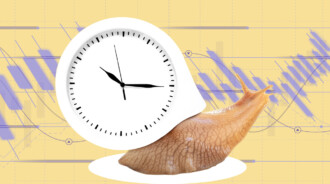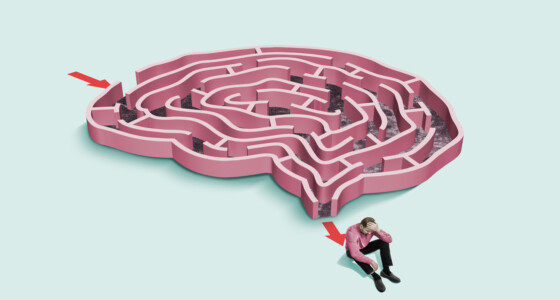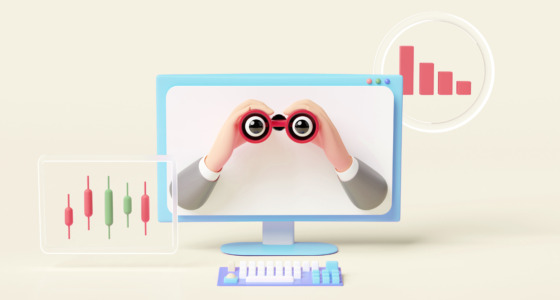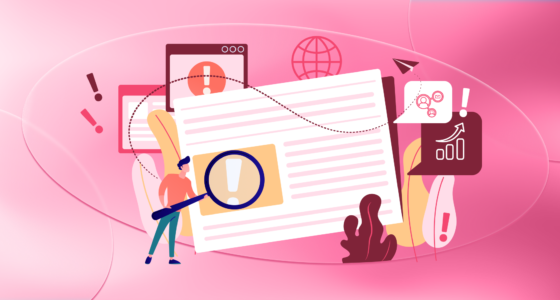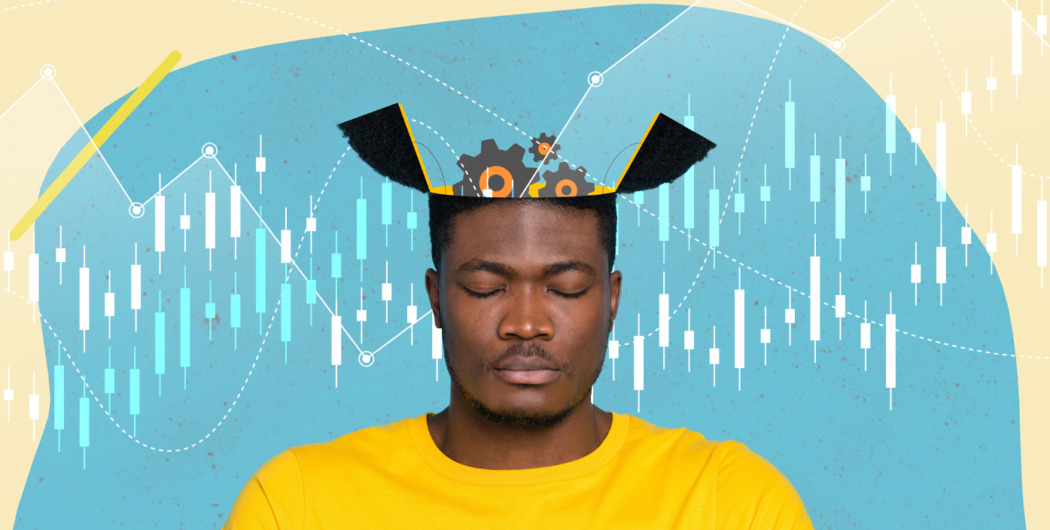

In Market Wizards, Paul Tudor Jones shares his worst trade—cotton futures in 1979. He was so blindly confident in his position that he didn’t listen to other people. In a matter of days, playing a “macho man” cost him 60%-70% of his equity at the time.
As you can see, closed-mindedness is not only a bad trait but also an expensive one. Here is a short guide on how to avoid that.
What is open-mindedness?
Open-mindedness means that you’re willing to consider other people’s perspectives or try new experiences. It means that you’re not limited by your own judgments. Instead, you always search for new information (even if it contradicts what you believe), let people express their beliefs and arguments, and can change your outdated or incorrect beliefs.
How to cultivate and maintain open-mindedness: tips and exercises
Becoming open-minded may not be easy, but it’s work that’s worth doing.
Recognize your biases
Biases are the results of what you were taught and the observations you made. With time, you get comfortable holding on to these beliefs and values as if they’re a part of yourself. But you can’t trade effectively without acknowledging their existence.
Identify the assumptions you currently hold and determine how these beliefs limit or enable you in your professional and personal life.
Assume you’re never the only expert
That’s right; you’re not the only expert in trading. Maybe you don’t even think of yourself as an authority in the field; it doesn’t have to be this extreme.
But every trader needs a reminder that they’re tons of experienced traders out there, and everyone has their own opinion (slightly different from the other).
Try “yes, and…”
“Yes, and…” is a classic improv game. It teaches you how to accept other people’s ideas and cooperate.
You start with a small statement. Then, you’re going to make up a conversation between two people, exaggerating the scene with each new statement. For example, “Elon Musk is buying Apple” – “Yes, and he’s paying in DOGE” – “Yes, and that pushes DOGE higher than BTC.” It sounds silly, but it’s a great exercise to set yourself free.
Practice zooming in and zooming out
Sometimes, you obsess over small things and need to widen the lens; other times, you make bold brush strokes and forget about the nuances. But what if you could meaningfully radiate between the two?
Zooming in brings every detail into sharp focus. Zooming out helps you take a step back and act with big-picture decision-making. Challenge yourself to zoom in and zoom out to see the situation from different perspectives.
Read arguments against your beliefs
Let’s say you think stock X will continue moving in an uptrend. Seek out opinions that are the complete opposite of yours—find experts who think the stock is going to fall and hear them out. Even if you stay true to your analysis, listening to reasonable people on the other side of a debate is worth it.
Embrace ambiguity
In an attempt to keep things simpler and easier to understand, people adopt black-and-white thinking. So, they all reject alternatives.
But a lack of clarity about the future shouldn’t make you feel uncomfortable or distressed. Financial markets are often unpredictable, so you have to be okay with not knowing the answer. Place your trades and see where life takes you.

Why open-mindedness benefits your trading
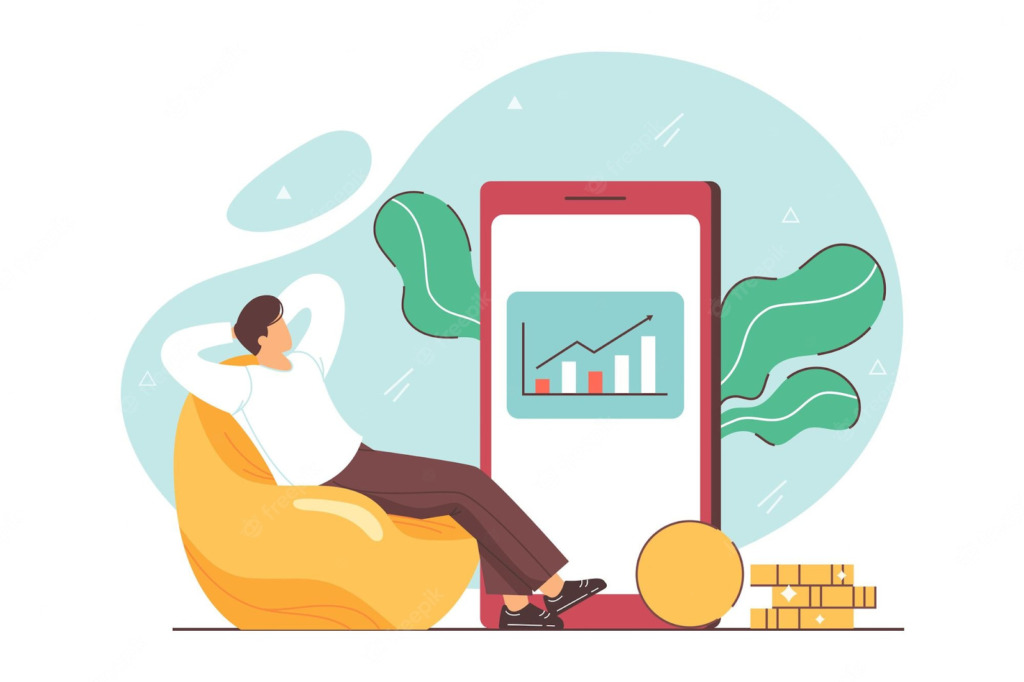
Research shows that open-minded individuals see the world differently, which leads to happier, healthier, and more creative lives. The reason is flexible cognition and the way it helps people consider other alternative realities.
For a trader, being open-minded means:
- New ideas and perspectives
- More trading opportunities
- Better analysis
- Better problem-solving
Remember that having an open mind doesn’t mean you have to follow every idea or suggestion that comes your way. It pushes you toward a healthier mindset where you don’t automatically dismiss others and allows you to learn and become better.
